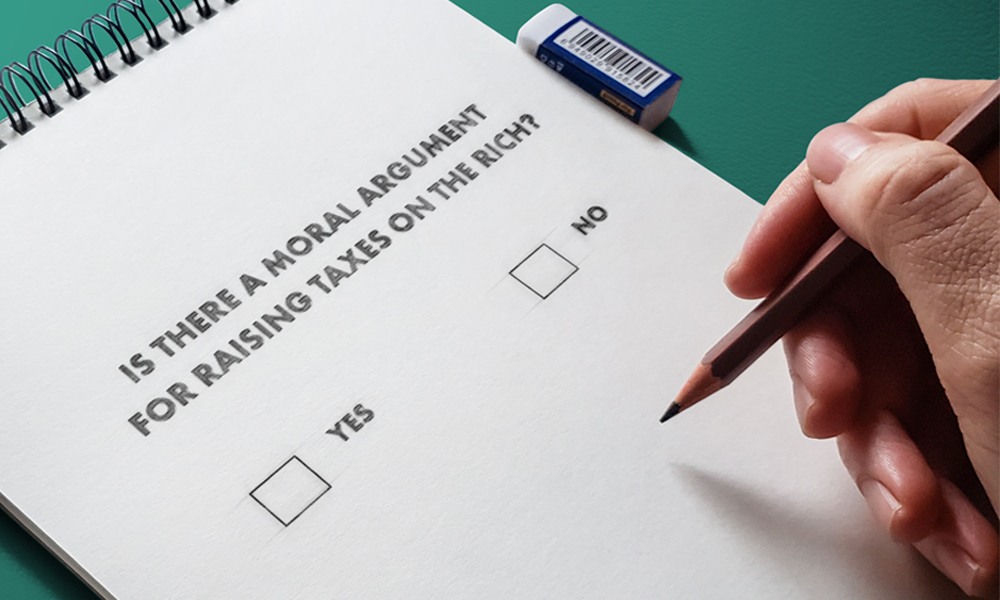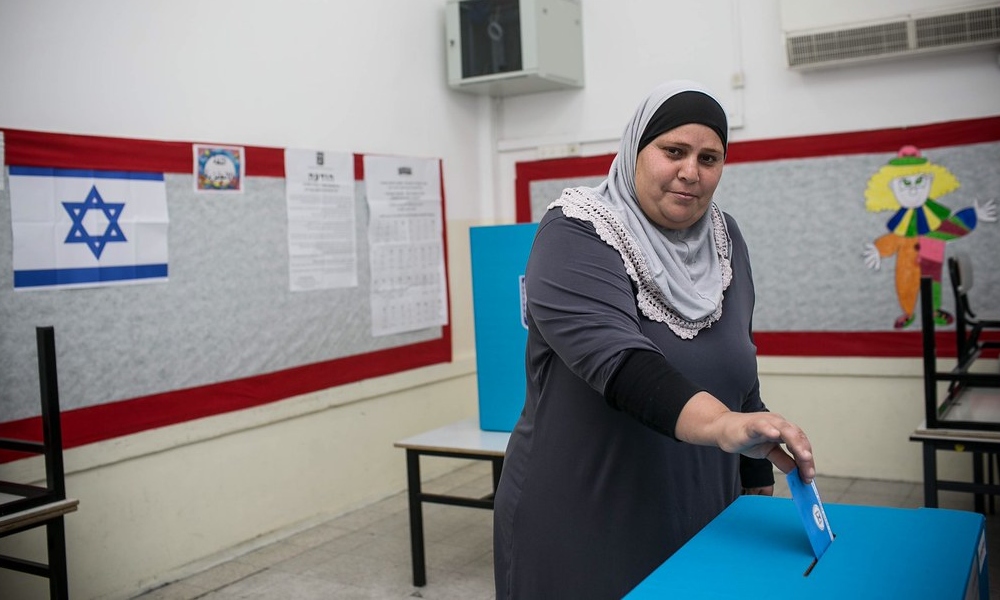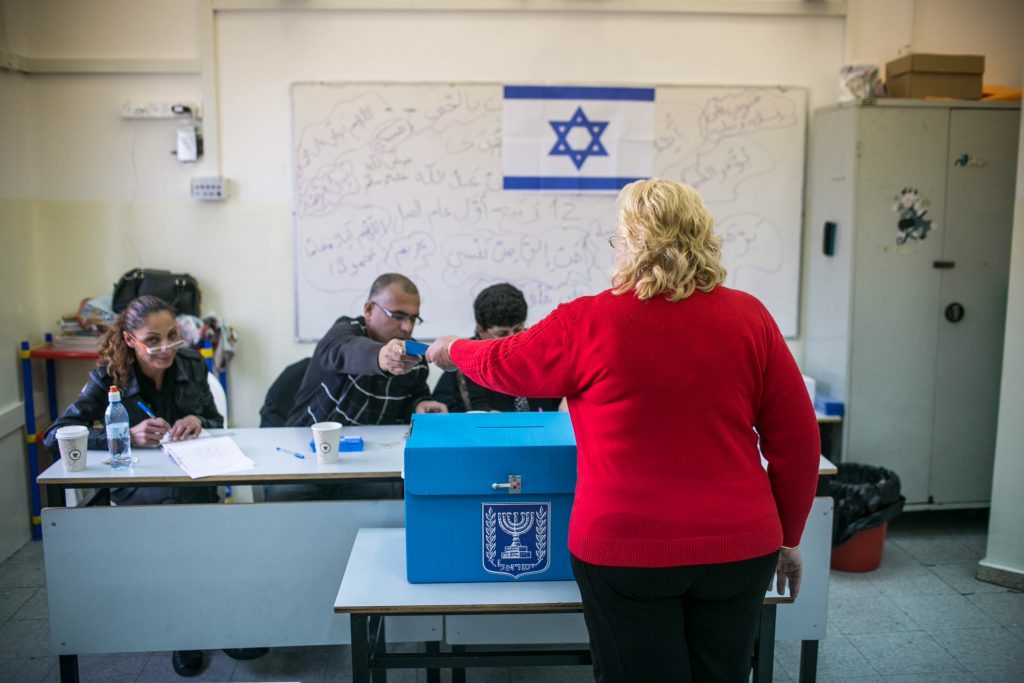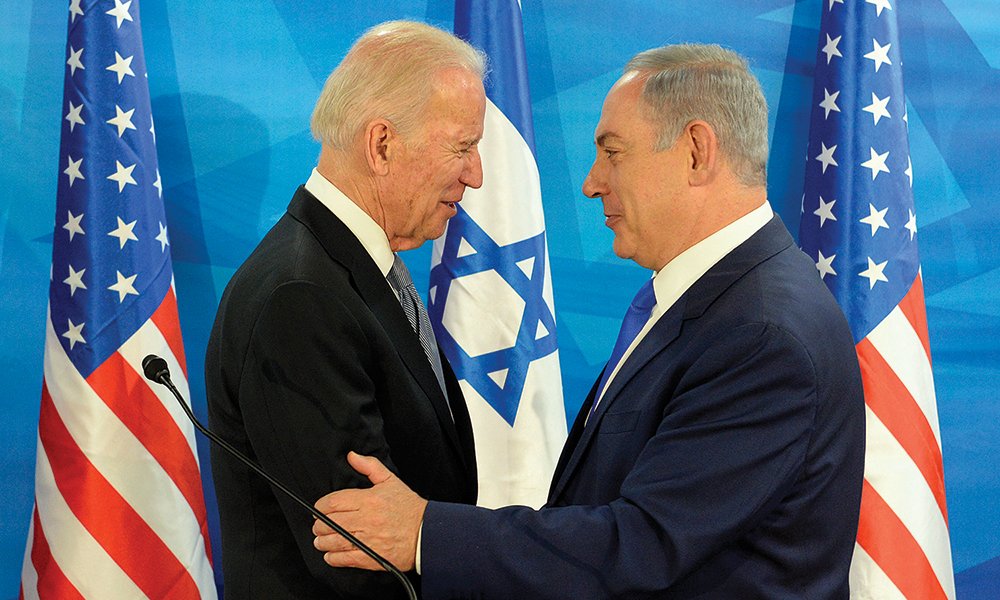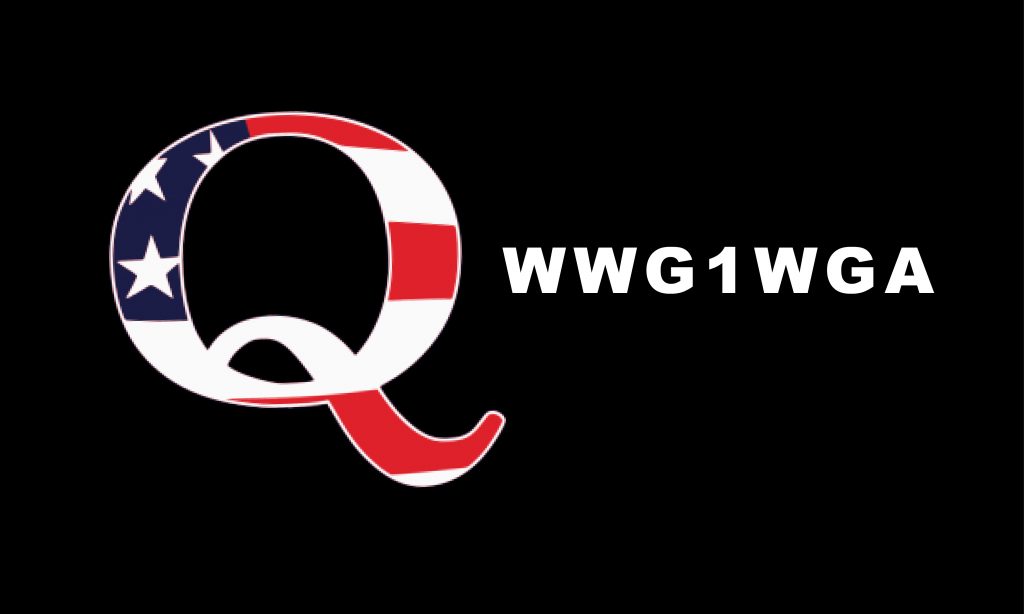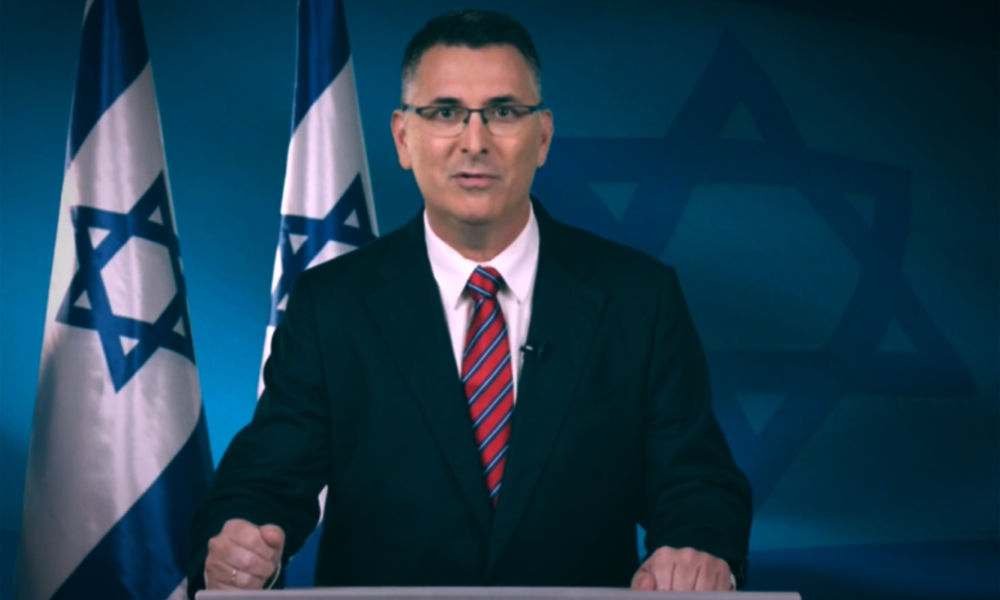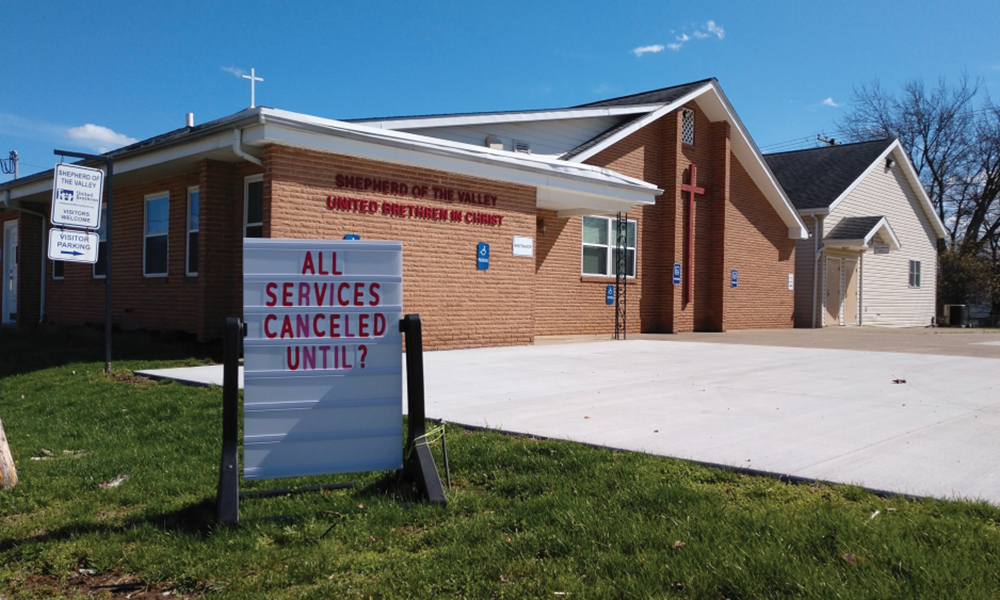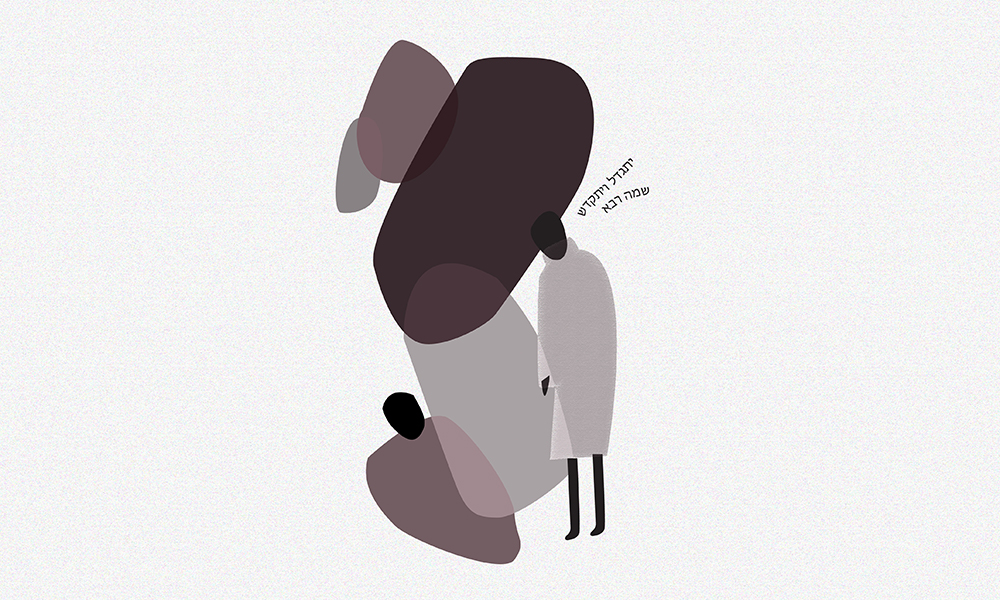Let us start with the difficult truths. To many Americans and many Jews, Islam by its very nature demands violence against infidels. According to this view, Islam can never come to terms with Israel: Once brought into the Islamic world by conquest in 637 CE, Palestine can never revert to Dar al-Harb, the House of War.
These views of Islamic doctrine have been swimming in the collective political unconscious of the Western world for centuries. They draw on selected Islamic texts and examples that suggest a militant Islam bent on conquering the world for Allah. This is a false narrative, one that misses the variegated mixture of ideas, doctrines and historical experiences that exist in Islam—as in every major religion. In particular, it ignores the innumerable positive developments large and small, grassroots and doctrinal, that in our time are leading to a more tolerant Islam.
Some say that Islam is essentially intolerant. Essentialism has been defined as the “philosophical doctrine that certain properties of an object or a concept are necessary or essential.” As applied to the Muslim world, it suggests that all 1.5 billion Muslims today—Sunnis, Shiites, Sufis—and all those throughout the rich history of Islam have the same specific, unwavering characteristics.
This view of Islam, though, is based on a reductionist view of regions and peoples. It owes something to the historic nightmare of the “infidel Turk” and something to essentialist views—found in many canonical Western texts—about national and religious character. The 19th-century philosopher Johan Gottfried Herder praised Heaven for “wonderfully separating nationalities” by “languages, inclinations and characters.” Another word for this is caricature: Think of the sneaky Jew, clannish and good at business. A logical error when applied to nations, essentialist thinking is even more harmful when used about religious beliefs (all Jews follow the letter of the law, all Christians follow the spirit, all Muslims seek to conquer the world for Allah).
It’s true that in this century, while militant and “muscular” strains of Christianity have faded, strains of militant Islam—such as ISIS and Al Qaeda—have flourished. And this rightly concerns most Americans. Thus, it was refreshing to see the growth of a Muslim-generated approach to moderate Islam at a recent meeting I attended in Abu Dhabi in the United Arab Emirates. The occasion was the unveiling of the Charter of the Alliance of Virtue by Sheik Abdallah bin Bayyah, chairman of the UAE’s Fatwa Council. Bin Bayyah is one of the world’s leading scholars of Sunni Islam, and the Charter reflects his decades-long effort to anchor the place of tolerance in traditional Islam. Under his leadership, Muslim religious leaders from around the world—including the Mufti of Egypt, the president of Cairo’s Al-Azhar University and the president of the famed Zaitouna University in Tunisia—attended and signed the Charter, which calls for the “elevation” of virtues including “tolerance and mutual understanding” as understood by the Abrahamic faiths—Judaism, Islam and Christianity.
The Charter states that “All ethnic, religious, and linguistic minorities have the right to live without any persecution of any kind. Further, they have the right to live as full and equal citizens in their respective societies, drawing upon their most fundamental beliefs about virtue and morality to engage in the public life of those societies.”
In addition, the Charter calls for “protecting the sacred symbols and religious sensibilities of other faith traditions”; it notes that “respect for other religions does not preclude honest dialogue about what is perceived to be true or false in religions, including one’s own”; and it calls for “principled cooperation around shared values.”
It’s significant that the Charter was the work of traditional Islamic scholars, not modernists, revisionists, reformers or secularists. It is not a program proposed by Western governments or former believers. It should be obvious (but it seems to escape the attention of critics) that only Muslim scholars who draw on Muslim sources can provide a theological basis for a contemporary moderate Islam. The Charter’s sponsors are now beginning the arduous process of securing buy-in from religious leaders worldwide. More than 10 religion and education ministers from different nations attended the conference, so they have made a start.
There are other stirrings of moderation in the UAE. The country has created a cabinet-level Minister of State for Tolerance. All school books are reviewed to excise hate speech. The government is building an Abrahamic Family House with a synagogue, church and mosque all in one place. It already has a synagogue and a chief rabbi (indeed, two, as the Chabad rabbi styles himself Chief Rabbi as well). The UAE constitution now calls for “freedom to exercise religious worship” (Article 32) and equality before the law without retaliation in regard to religious belief (Article 25). Laws have been revised accordingly: In 2015, a federal law criminalized activity that promotes religious hatred. While the government supports Bin Bayyah’s vision of tolerance, it also sees it as a chance to counter extremism among UAE youth.
Other movement is visible in the Muslim world as well. The Muslim World League based in Riyadh, long a bastion of Islamic exclusivity, has begun to change course. Most recently, it came out against Holocaust denial and sponsored (with the American Jewish Committee) a “pilgrimage” to Auschwitz on the 75th anniversary of its liberation. And it has broached the possibility of reviewing the school textbooks they send around the world to excise religious intolerance and training the imams they support.
There is little point in pursuing the stale debate about the “essence” of Islam or any other religion. What is important is that eminent scholars in Islam are acting out their own “reformation” by uncovering and highlighting the Islamic tradition of tolerance within Islamic law. It is a long journey and how it works out remains to be seen. But it is a message that we should all take to heart.
Marshall Breger is a law professor at Catholic University.




